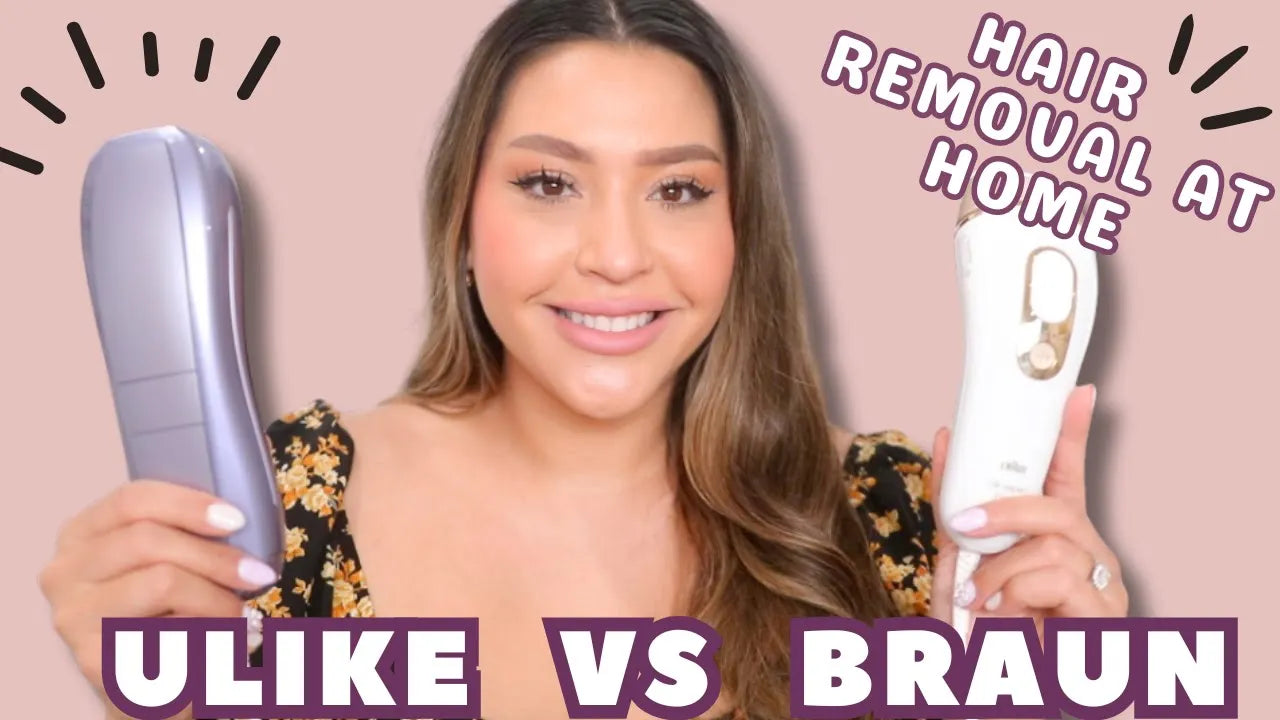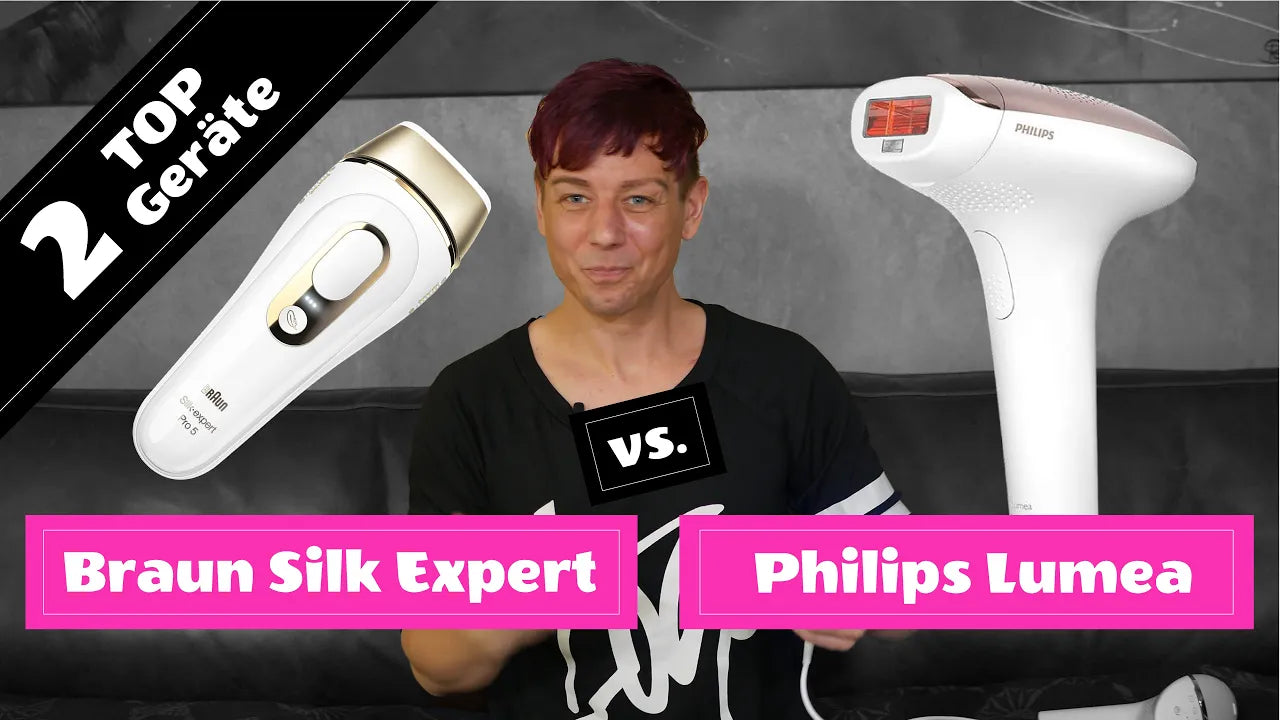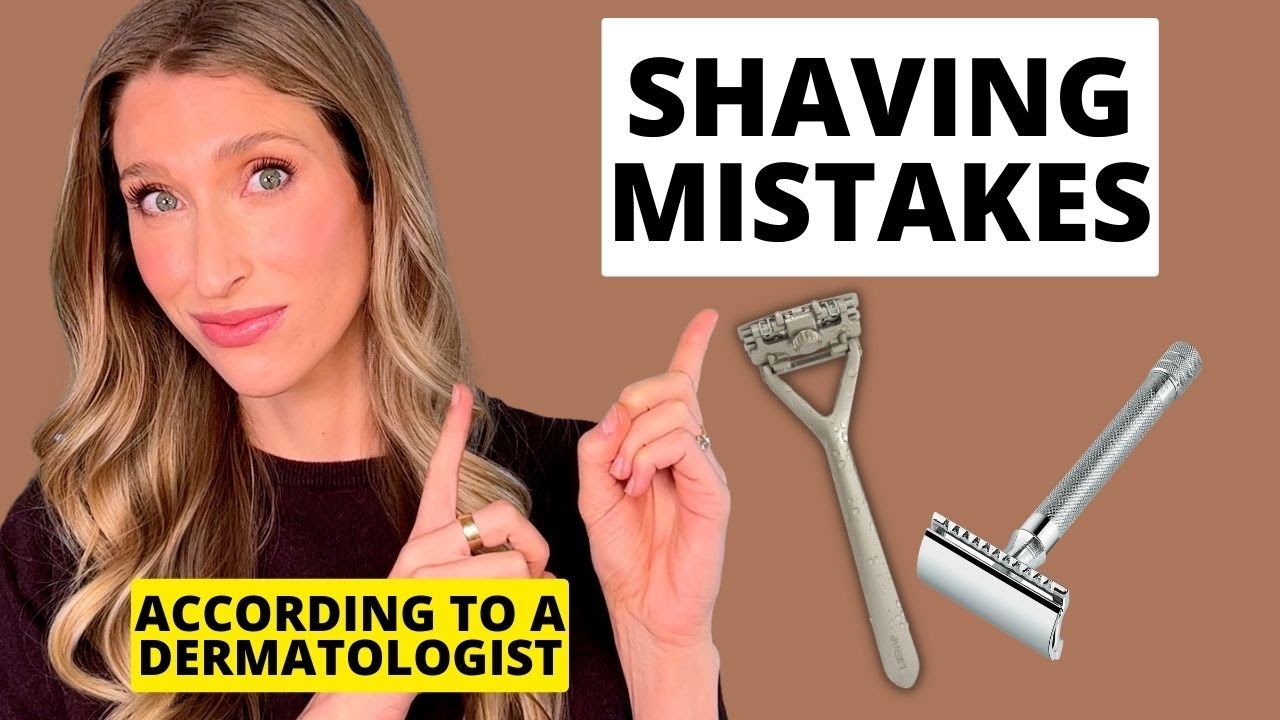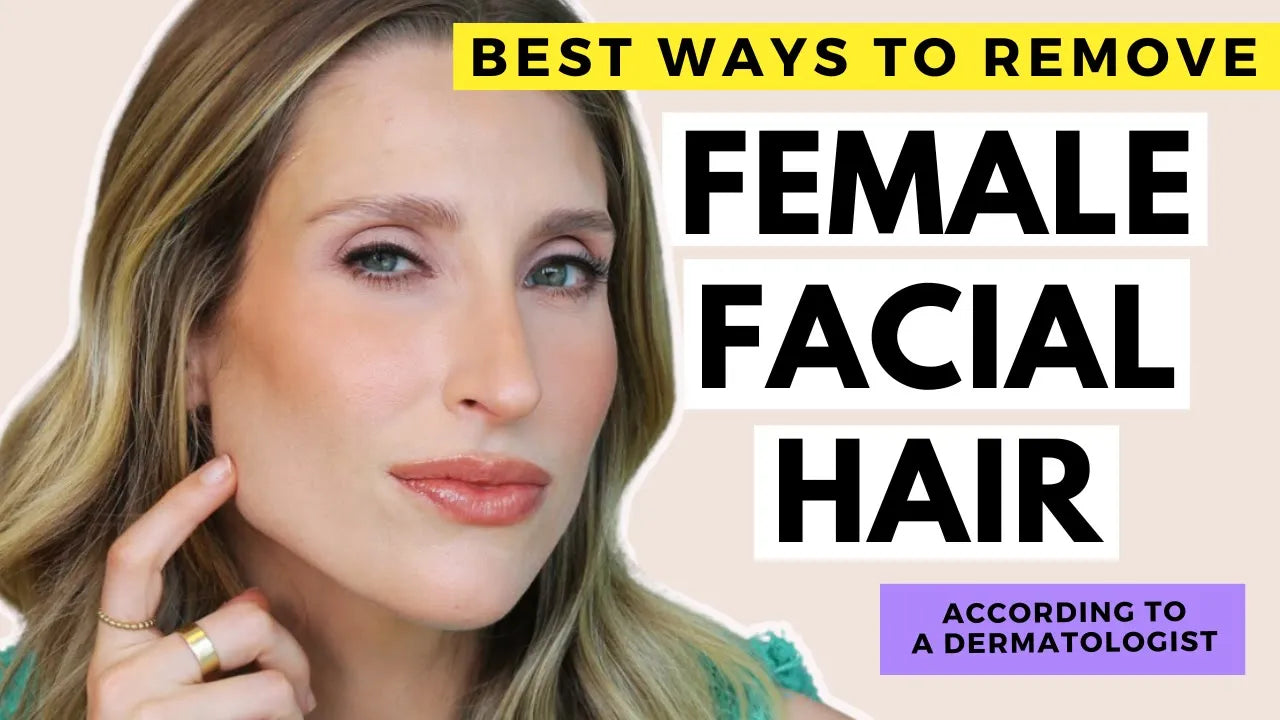Werewolf Syndrome, also known as Hypertrichosis, is a rare genetic disorder in which an abnormally large amount of hair grows on the face and body. It is easy to spot due to the unusual amount of hair on the face and body.
This thick hair can grow on the forehead, eyes, back, arms, legs, and even genital area. Werewolf Syndrome affects both males and females equally. The severity of hair growth can vary from person to person.
It may be present at birth or appear later in life.
The cause of Werewolf Syndrome is unknown, but it is mainly an autosomal dominant trait that is passed from parent to child. It is believed to be caused by a viral infection or a malfunction in the cell that produces hair or by a mutation in the genes that control the production of keratin, a protein that makes up hair and nails.
The treatment for Werewolf Syndrome includes laser treatments, surgical removal, waxing, electrolysis, medications, and topical creams. The most successful treatment is laser hair removal, but it can be expensive.
More affordable treatments include creams and medications that slow down hair growth. Some topical creams can actually help reduce the amount of hair, while medications reduce the amount of testosterone in the body, which can help reduce hair growth.
What disease causes werewolves?
No disease causes a person to become a werewolf. Werewolves are a mythical creature, and do not exist in reality. However, in some stories and legends, werewolves can be believed to be caused by the Curse of Lycanthropy.
This is an ancient superstition, stemming from Greek and Roman mythology, that claims a person can be transformed into a werewolf if they are cursed by a magical spell, by being bitten by a werewolf, or by drinking water from a wolf’s footprint.
The curse can be passed from person to person, and it is believed that it will cause the person to turn into a werewolf at certain points during the month, typically when there is a full moon. Additionally, in some stories and legends, werewolves can be transformed due to a magical artifact or magical potion.
How do you trigger hypertrichosis?
Hypertrichosis is a medical condition characterized by abnormal amounts of hair growth across the body. It can be caused by a variety of factors, including genetics, underlying medical conditions, medications, and even certain infections.
Depending on the cause of the condition, hypertrichosis can either be acquired or congenital (present at birth).
When it comes to triggering acquired hypertrichosis, certain medications, such as minoxidil, finasteride, and dutasteride, can all increase hair growth. Additionally, some topical medications, such as those used to treat acne, are also known to cause increased hair growth.
Hormonal imbalances can also trigger hypertrichosis, as too much or too little of certain hormones can cause abnormal hair growth. In addition, chemotherapy and radiation treatments for cancer can also lead to increased hair growth.
Certain underlying medical conditions, such as polycystic ovary syndrome, can also contribute to excessive hair growth. Similarly, infections, such as Ringworm and Hormonal Imbalance, can also trigger hypertrichosis.
Finally, exposure to certain toxins or chemicals can sometimes lead to excessive hair growth.
Ultimately, the only way to definitively determine the cause of hypertrichosis is with the help of a medical professional who can assess the underlying factors associated with the condition.
How do werewolves act in human form?
When werewolves are in their human form, they generally act and behave like normal humans. They can still feel the animal side of their being and can still access their enhanced physical and mental abilities, but they usually choose to hide or suppress these aspects to blend in with regular humans.
While in human form, werewolves may experience stronger senses, and enhanced physical capabilities. They may also have a preference for the nighttime, enjoy running and exercising, and have a craving for raw or uncooked meat.
Werewolves in their human form may also have a strong intuition and be able to sense emotions around them. All of these traits can cause the werewolf to act differently than the average human, but they will usually have the capability and desire to suppress those urges if needed.
How do you activate the werewolf gene?
Unfortunately, activating the werewolf gene is not currently possible. The werewolf gene is a mythological gene, and while many people have tried to find a way to activate it, no scientifically verified method of doing so has ever been discovered.
It is impossible to suddenly become a werewolf, even if you possess the gene. However, some people do reportedly experience physical changes resembling those of the mythical werewolves when experiencing a full moon or during certain rituals.
Is lupus the werewolf disease?
No, lupus is not the same as the werewolf disease. Lupus is a chronic, autoimmune disease that can damage any part of the body, including the skin, joints, and organs. Lupus can cause inflammation and pain in the joints, a rash on the face and other parts of the body, and organ damage due to inflammation.
The symptoms of lupus can vary from person to person, and for some people, the disease can be life-threatening. While lupus may cause fatigue, fever, and skin rashes, it is not the same as werewolf disease, which is a fictional disease.
Are werewolves based on rabies?
No, werewolves are not based on rabies. While it is true that many of the symptoms of rabies are similar to those portrayed in werewolf lore, the two are not related. The roots of the werewolf legend can be traced back to folktales and myths that date as far back as ancient Rome and Greece.
In these stories, a person was transformed into a wolf-like creature through a magical or divine curse or act. This story evolved over the years and eventually acquired the supernatural element associated with it today.
Although rabies is an infectious disease that can cause symptoms like delirium, mood swings, and increased aggressiveness, it is not likely to be what gave rise to the myth of werewolves.
What disease is associated with Halloween?
The disease most commonly associated with Halloween is bubonic plague. This is the same disease that caused the Black Death in Europe during the Middle Ages and was known to spread through flea-infested rats.
The plague is caused by the bacterium Yersinia pestis and is highly contagious. Infected people may experience fever, headache, swollen lymph nodes, and in some cases, can suffer from buboes (enlarged lymph nodes) which can be painful and often lead to death.
Today, bubonic plague is still found in some parts of the world, most commonly in the western United States. However, it is no longer the severe and terrifying disease it once was, as there are now effective treatments and preventative measures that have been put in place.
Fortunately, the risk of contracting bubonic plague through Trick-or-Treating is incredibly low.
What causes hypertrichosis?
Hypertrichosis is a condition where an individual grows more hair than is considered normal on areas of the body that are usually bald or only have fine vellus hair. It can affect both males and females and can range from mild to severe cases.
The causes of hypertrichosis can be divided into two categories: congenital and acquired. Congenital hypertrichosis is also known as hereditary or familial hypertrichosis. It is caused by genetic mutations that are inherited from one or both parents.
Acquired hypertrichosis is caused by non-genetic factors and can be either acquired from the environment or be a side effect of certain medications or other medical treatments.
Common environmental causes for acquired hypertrichosis are exposure to certain chemical compounds, illnesses, and physical trauma. Exposure to certain metals, such as arsenic, can cause hypertrichosis-like symptoms, which is known as arsenical hypertrichosis.
Radiation treatments, severe infections, and traumatic injuries like burns and lacerations can also cause acquired hypertrichosis.
Acquired hypertrichosis can also be caused by medications, such as those used to treat mental health conditions or cancer. These medications can trigger an increase in the growth of facial, chest, or arm hair.
Chemotherapy drugs, particularly those that target hormonal imbalances in women, can also cause hypertrichosis.
Finally, hypertrichosis can also be caused by certain skin conditions, such as lichen planus or psoriasis, or endocrine disorders, such as Cushing’s disease or hypothyroidism.
What is hypertrichosis how is it caused?
Hypertrichosis is an abnormal amount of hair growth on any area of the body. It occurs in both men and women, although it is more common among women. It can affect any area of the body, including the face, scalp, arms, legs, ears, and back.
The hair can range from long and thick to short and fine.
Hypertrichosis is caused by multiple different factors. It can be inherited, caused by certain medical conditions such as Cushing’s syndrome, or be a side effect of certain medications or supplements.
In rare cases, it can be caused by certain fungal infections or skin disorders. It is believed that environmental factors, such as pollutants, can also contribute to hypertrichosis.
Can hypertrichosis be cured?
Unfortunately, there is no known cure for hypertrichosis, which is a condition that causes abnormal and excessive hair growth. Hypertrichosis can be managed and the excess hair growth can be reduced with certain treatments.
These might include topical medications, laser hair removal, electrolysis, and waxing. However, it is important to note that these treatments can be expensive and may only provide temporary relief. Additionally, in order for the treatments to be effective, they must be maintained, since the hair growth will gradually return.
Some of the underlying conditions, such as hormonal issues, may be treatable, but this will depend on the specific cause. In some cases, counseling or lifestyle changes may be recommended, such as reducing stress and minimizing exposure to environmental factors that may contribute to the condition.
Does hypertrichosis get worse with age?
Hypertrichosis is a condition in which a person experiences excessive hair growth on parts of their body. Typically, hair grows everywhere on the body in normal amounts, but in people with hypertrichosis, the hair growth is excessive, leading to thick, dense hair in areas where it would not normally be seen.
In short, the answer to whether hypertrichosis gets worse with age is not necessarily the same for everyone. For some people, it may get worse over time, while for others it may stay the same. It depends on the individual and the particular cause of their hypertrichosis.
Therefore, it is difficult to definitively answer the question of whether hypertrichosis gets worse with age. If a patient is experiencing increasing hair growth, they should consult with a doctor to determine the best treatment plan.
In some cases, treatment may be necessary to keep the hair growth from getting any worse. Treatment options can range from medication to surgical or laser treatments, depending on the individual’s needs and the severity of their condition.
What is the life expectancy of hypertrichosis?
The life expectancy of someone with hypertrichosis is generally the same as anyone else their age. Hypertrichosis is a disorder that causes excessive hair growth and can appear at any age, from infancy to adulthood.
It is usually not progressive, so people can live a normal lifespan.
Although it is not progressive or life-threatening, hypertrichosis does have an effect on a person’s quality of life in terms of social acceptance and psychological well-being. People with this disorder often experience difficulties with self-esteem and may have a hard time forming relationships.
The good news is that there are treatment options available to reduce the excessive hair growth, including laser hair removal and topical medications. These treatments can help reduce the impact of hypertrichosis and improve quality of life.
Overall, people with hypertrichosis can expect to live a normal lifespan. However, they may face social and psychological challenges that can affect their quality of life. With treatment and support, these individuals can enjoy a good quality of life, despite the presence of their disorder.
Is hypertrichosis is a hereditary disease?
Yes, hypertrichosis is a hereditary condition. In most cases, it’s caused by a mutation in a single gene that’s passed from parent to child. The mutation causes an overproduction of body and facial hair that is usually present from birth.
It’s estimated to affect 1 in 1 million people worldwide. In some cases, the disorder may be caused by a combination of genetic and environmental factors, such as certain hormonal disorders or certain medications.
Regardless of the cause, the effects of hypertrichosis can range from mild to severe. People with the condition may experience psychological distress, teasing and bullying, and a lack of social acceptance due to the excessive hair growth.
Treatment options include topical medications, laser hair removal, electrolysis, waxing, or cryosurgery to reduce the appearance of the excess hair.
Is hypertrichosis life threatening?
No, hypertrichosis is not life threatening and does not affect the life expectancy of an individual. Typically, hypertrichosis is limited to excessive hair growth on areas of the body, such as the face and neck, that is often caused by a family gene mutation.
In rare cases, the condition may cause a discomfort due to itching or skin irritation, but it is not fatal and does not require medical intervention. Most people with hypertrichosis find cosmetic treatments, such as laser hair removal, to be helpful in managing the condition.
Some may also try to use over-the-counter hair removal creams or waxing. However, it is important to speak with a doctor to discuss what treatment options would work best for individual cases.
Categories Blog







































